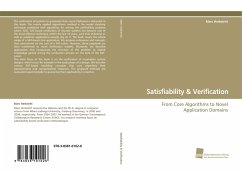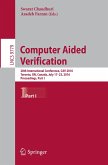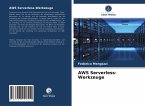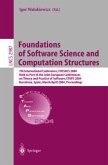The verification of systems to guarantee their correct behavior is discussed in this book. The mainly applied algorithmic method is the model checking technique combined with algorithms for solving the satisfiability problem (short: SAT). SAT-based verification of discrete systems has become one of the most effective technique within the last 10 years, such that industrial as well as academic applications heavily rely on it. The book covers the whole range of a SAT-based tool application. We propose extensions and concepts that concentrate on the core of a SAT-solver. However, these proposals are then transferred to novel verification models. Moreover, we describe approaches that incorporate the structure of the problem to exploit knowledge gained during the verification process on the level of the SAT-solver. The main focus of the book is on the verification of incomplete system designs, which occur for example in the early phase of a design. We describe various SAT-based modeling concepts that vary regarding their expressiveness and computational resources. The proposed methods are evaluated experimentally to guarantee their applicability in practice.
Bitte wählen Sie Ihr Anliegen aus.
Rechnungen
Retourenschein anfordern
Bestellstatus
Storno








